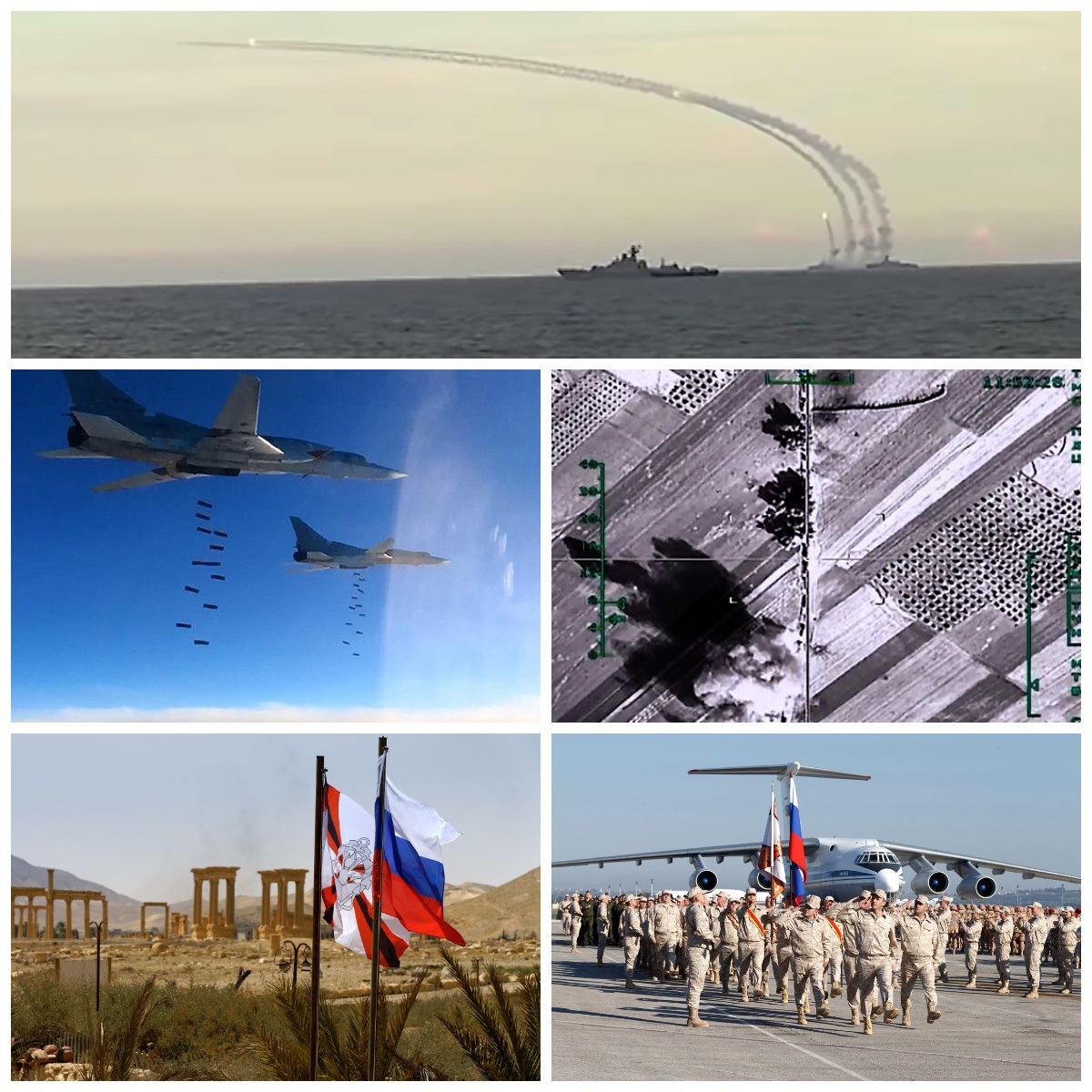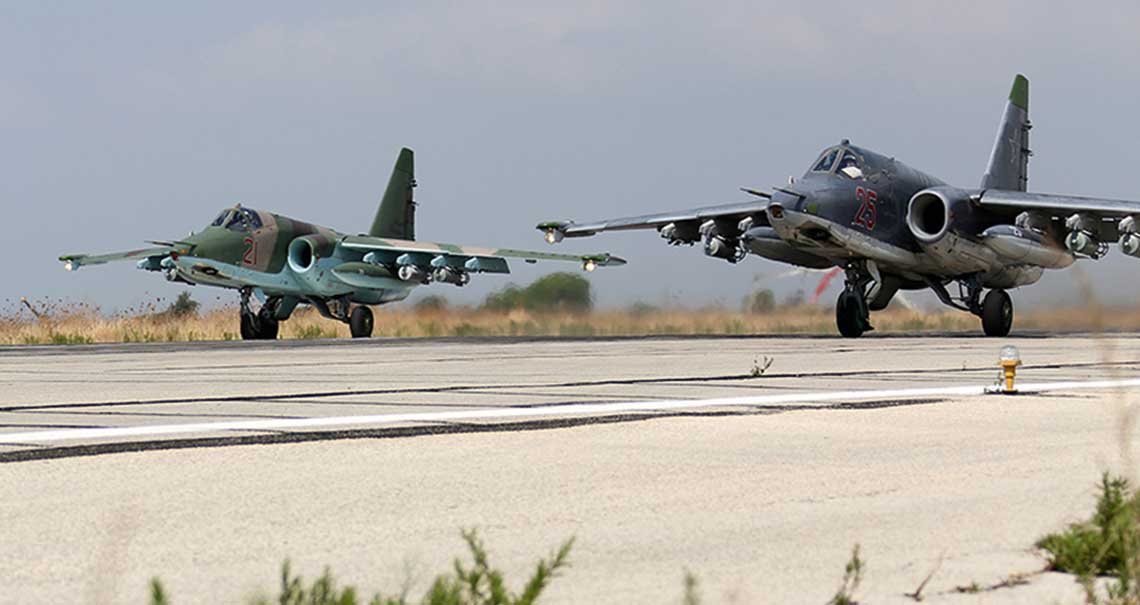
Russian-Turkish air operations in Syria

Russian-Turkish air operations in Syria
The establishment of close military cooperation between a NATO country and the Russian Federation can be characterized as an unprecedented situation. This rapprochement was, in a sense, directed against the United States, which supports the Kurdish cause in Syria, with tangible political benefits for the Kremlin. All the more worthy of analysis is the operational interaction of the Russian Aerospace Forces and the Turkish Air Force in northern Syria.
After the shooting down of a Russian Su-24M tactical bomber on the Turkish-Syrian border on November 2015, 16 by a Turkish F-24 fighter, relations between Moscow and Ankara are extremely strained. Ankara authorities said the Su-24M crew had been repeatedly warned that it was violating the country's airspace, while Moscow said the bomber had not left Syrian airspace. Two Su-24Ms were returning from a combat mission (bombing with OFAB-250-270 high-explosive bombs) to the Khmeimim airfield when the Su-24M aircraft with tail number 83 was shot down. The shooting took place at an altitude of about 6 thousand. meters; The attack was carried out by an air-to-air guided missile launched by an F-16C fighter jet from the Dyarbakir air base. According to the Russians, it was an AIM-9X Sidewinder short-range missile; according to other sources - an AIM-120C AMRAAM medium-range missile. The bomber crashed in Turkey, about 4 km from the border. Both crew members managed to eject, but the pilot, Lieutenant Colonel Oleg Peshkov, died while parachuting, shot from the ground, and the navigator was the captain. Konstantin Murakhtin was found and taken to the Khmeimim base. During the search and rescue operation, a Mi-8MT combat rescue helicopter was also lost, and the marines on board were killed.
In response to the downing of the plane, long-range anti-aircraft and anti-missile systems S-400 were transferred to Latakia, the Russian Federation severed military contacts with Turkey and imposed economic sanctions against it (for example, the Turkish tourism industry). The representative of the General Staff of the Russian Armed Forces said that from now on all strike flights over Syria will be carried out accompanied by fighters.
However, this situation did not last long, as both countries pursued similar geopolitical goals in Syria, especially after the failed coup attempt in Turkey and the new Turkish leadership taking a course of authoritarianism. In June 2016, there was a clear improvement in relations, which subsequently paved the way for military cooperation. Turkish President Recep Tayyip Erdogan then expressed regret that "pilot error" caused such a serious crisis in bilateral relations, thus paving the way for political and military rapprochement. Then Turkish Defense Minister Fikri Isik said: “We expect a significant development of relations with Russia.
When the Russian Federation invited Turkey to attend the meeting of the Organization for Economic Cooperation of the Black Sea States in Sochi, scheduled for July 1, 2016, Turkish Foreign Minister Mevlut Cavusoglu accepted the invitation. Another element of the drop was the arrest of an F-16 pilot who shot down a Su-24M bomber on charges of participating in a coup (the attack was carried out in accordance with the unequivocal order of the Turkish Prime Minister to shoot downed violators who violated Turkish airspace).
The launch of Operation Euphrates Shield in northern Syria in August 2016 has already taken place with the blessing of Russia. The operation of scattered Turkish and pro-Turkish militias - theoretically against the "Islamic State", in fact against the Kurdish military - has proved difficult and costly. It inflicted losses in equipment and people, especially in the area of the city of Al-Bab, fiercely defended by Islamic militants (in 2007, 144 inhabitants lived in it). Powerful air support was needed, and this was also the problem of personnel shortages that hit the Turkish Air Force after the July coup. The expulsion of about 550 Turkish military aviation soldiers, especially experienced senior officers, combat and transport aircraft pilots, instructors and technicians, exacerbated the previous problem of a shortage of personnel. This resulted in a sharp reduction in the operational capabilities of the Turkish Air Force at a time when a high intensity of air operations was needed (both in northern Syria and in Iraq).
As a result of this situation, especially in the face of unsuccessful and costly attacks on al-Bab, Ankara requested additional air support from the US. The situation was quite serious, since Erdogan's actions could even be regarded as veiled threats to obstruct or suspend coalition air operations from the Turkish Incirlik base.